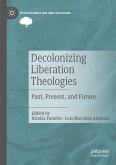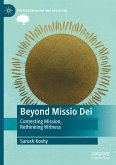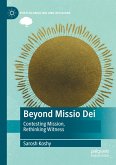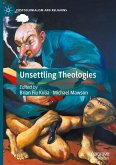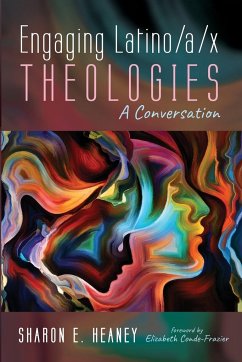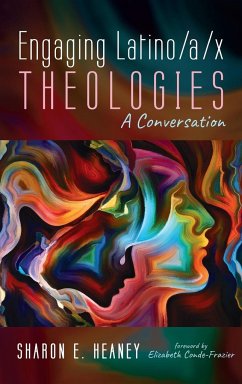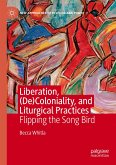The publication of this volume marks the Ten Year Anniversary of the Postcolonialism and Religions series. In intersectional and interdisciplinary perspectives, the chapters of this book constitute a complex whole: a volume that does justice to the justice-seeking origins of Latin American Liberation Theology, philosophy, and sociology as it emerged in the 1960s-70s and its development to the present. What drives this book is a common spirit and conviction: Liberation Theologies of the Global South remain relevant to the sociocultural and geopolitical contexts of today, which remain ensconced in the dynamics, exclusions, and resistances that gave rise to Liberation Theologies six decades ago. Today we may speak of interculturality, of borderlands, of in-betweenness, in ways that complicate, confirm, affirm, and interrogate the "underside of history", and the spaces that are marginalized but de-centered centers of liberation struggle - within, alongside, underneath, over-against societal projects that claim and exclude them, and that represent some of the actual challenges and opportunities to liberation.
"Panotto and Martínez Andrade gathered contributions from a variety of voices in Latin American liberation theologies (LALT) that represent and engage its origins, contemporary challenges and trends, and possible futures from decolonial/decolonizing lenses. ... Through its fourteen essays readers encounter multidimensional snapshots that assess the trajectory of LALT since the 1960s ... and that reassess LALT's potential for furthering liberatory theories, critiques, and practices that canconcretely contribute to peoples' and nature's struggles today and into the future." (ReOrient, October 17, 2024)



